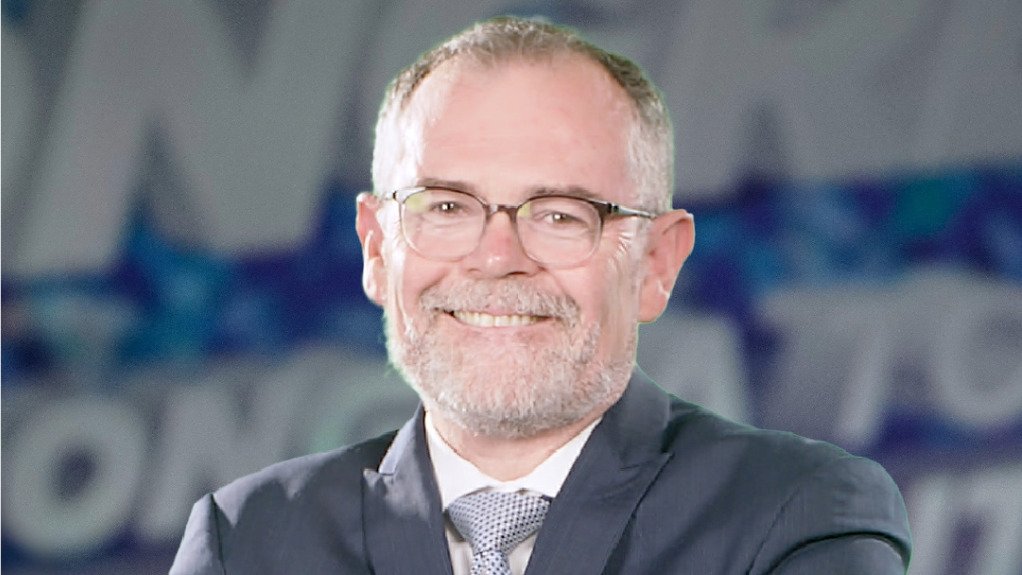South Africa will call for the New Collective Quantified Goal (NCQG) on climate finance to be set at $1.3-trillion yearly during the upcoming COP29 climate negotiations, which will be held in Baku, Azerbaijan, from November 11 to 22.
The NCQG is the finance goal that parties to the Paris Agreement are expected to set prior to 2025 from the current yearly floor of $100-billion; a target that developing countries have long argued is too low and which they have also criticised developed countries for failing to honour.
During stakeholder consultations ahead of COP29, Forestry, Fisheries and the Environment Minister Dr Dion George argued that the current financing mechanisms had proved insufficient in scale and effectiveness, which he said highlighted the urgency for a new financing model.
“COP29 presents an opportunity to advocate for innovative and improved financial frameworks that can mobilise substantial resources more efficiently.
“Such a model must ensure predictable, accessible, and adequate funding, and address the shortcomings of existing systems and empower countries like South Africa to implement ambitious climate actions.”
The NCQG, the Minister added, should provide a clear and ambitious quantification of the financial support needed by developing countries to implement their Nationally Determined Contributions (NDCs) or decarbonisation pledges, as well as their National Adaptation Plans, and should also reflect their inclusive just transition pathways.
“Access to finance must be significantly scaled up to offer new, additional, and predictable funding that is fit for purpose.
“Specifically, we need grants and highly concessional financing that can be effectively allocated to create enabling environments for rapid investments.
“By derisking investments and creating new asset classes for clean technologies, we can unlock and leverage greater amounts of public and private finance,” George said.
Business Unity South Africa (Busa) environment and energy director Happy Khambule concurred, saying that the NCQG should be larger and more comprehensive.
“Current climate finance flows have been insufficient and non-additional, shifting the disproportionate cost of climate action to developing economies despite their limited fiscal capacity.
“Recent proposals for cross-border tax adjustments—targeting goods imported from developing countries to fund developed country climate obligations—are particularly concerning,” Khambule added.
Busa also supported the principle that developed economies should provide financial, technological, and capacity-building assistance, but stressed that this support should not place undue financial burdens or impose unjust conditions on developing countries.
“Crucially, climate finance should not exacerbate current developing country debt crises."
Presidential Climate Commission executive director Dr Crispian Olver, who has been appointed deputy chair of the commission from January 1, said COP29 and progress on the NCQG was crucial for setting the tone for the next round of NDCs, which countries were expected to lodge in 2025.
The current NDCs are not aligned with the goal of limiting global warming to 1.5°C above pre-industrial levels.
The ‘Emissions Gap Report 2024’ published by the United Nations Environment Programme recently warned that unless the level of NDC ambition is increased and there is faster implementation, the world is on course for a temperature increase of between 2.6 °C and 3.1 °C over the course of this century.
South Africa plans to submit its new NDC in June, with consultations expected to start in April.
Olver highlighted that securing NDC ambition would be challenging in the current geopolitical environment.
Nevertheless, he argued that South Africa should do what it could to ensure that the Baku gathering represented progress, notwithstanding the low expectations surrounding the meeting.
EMAIL THIS ARTICLE SAVE THIS ARTICLE ARTICLE ENQUIRY FEEDBACK
To subscribe email subscriptions@creamermedia.co.za or click here
To advertise email advertising@creamermedia.co.za or click here











